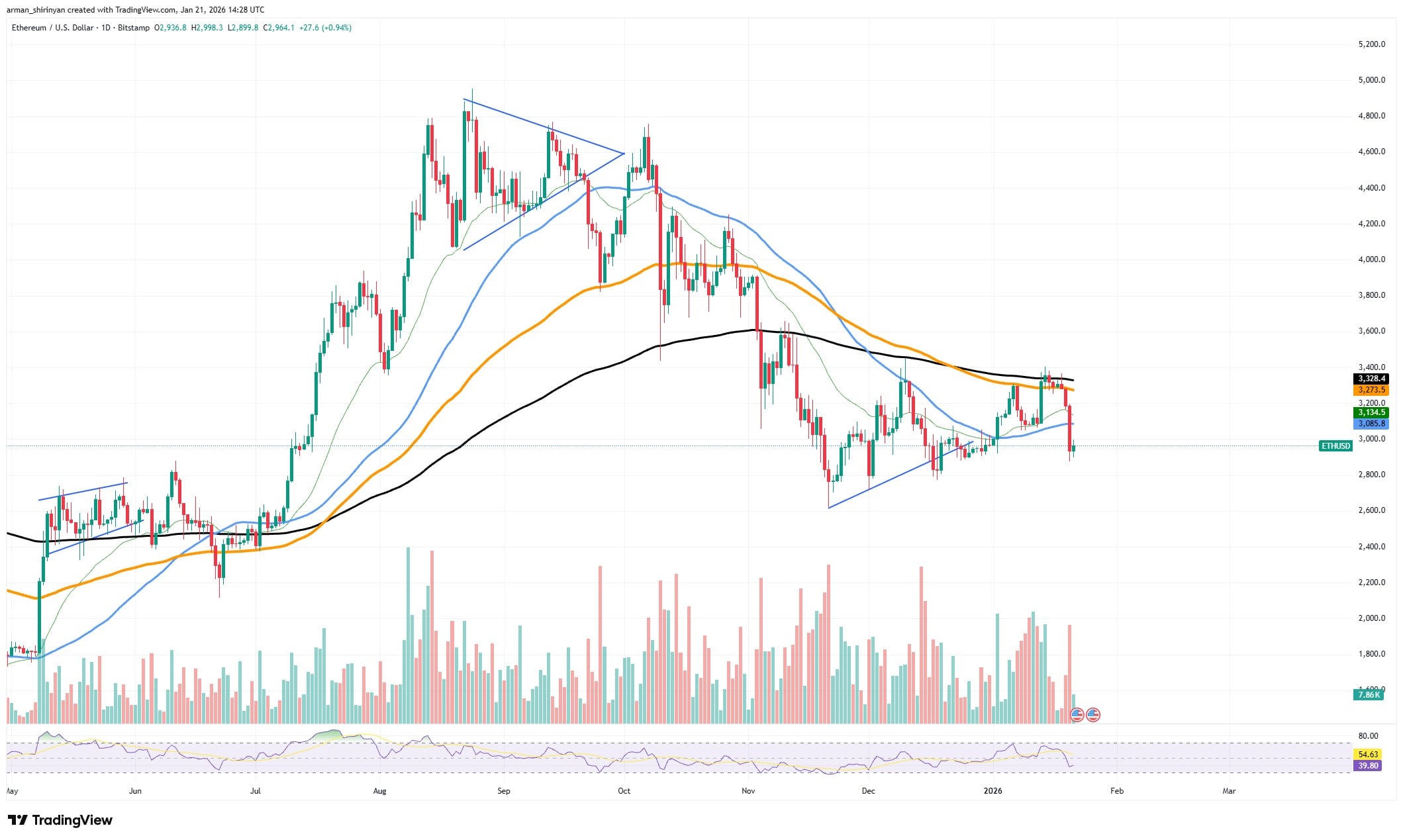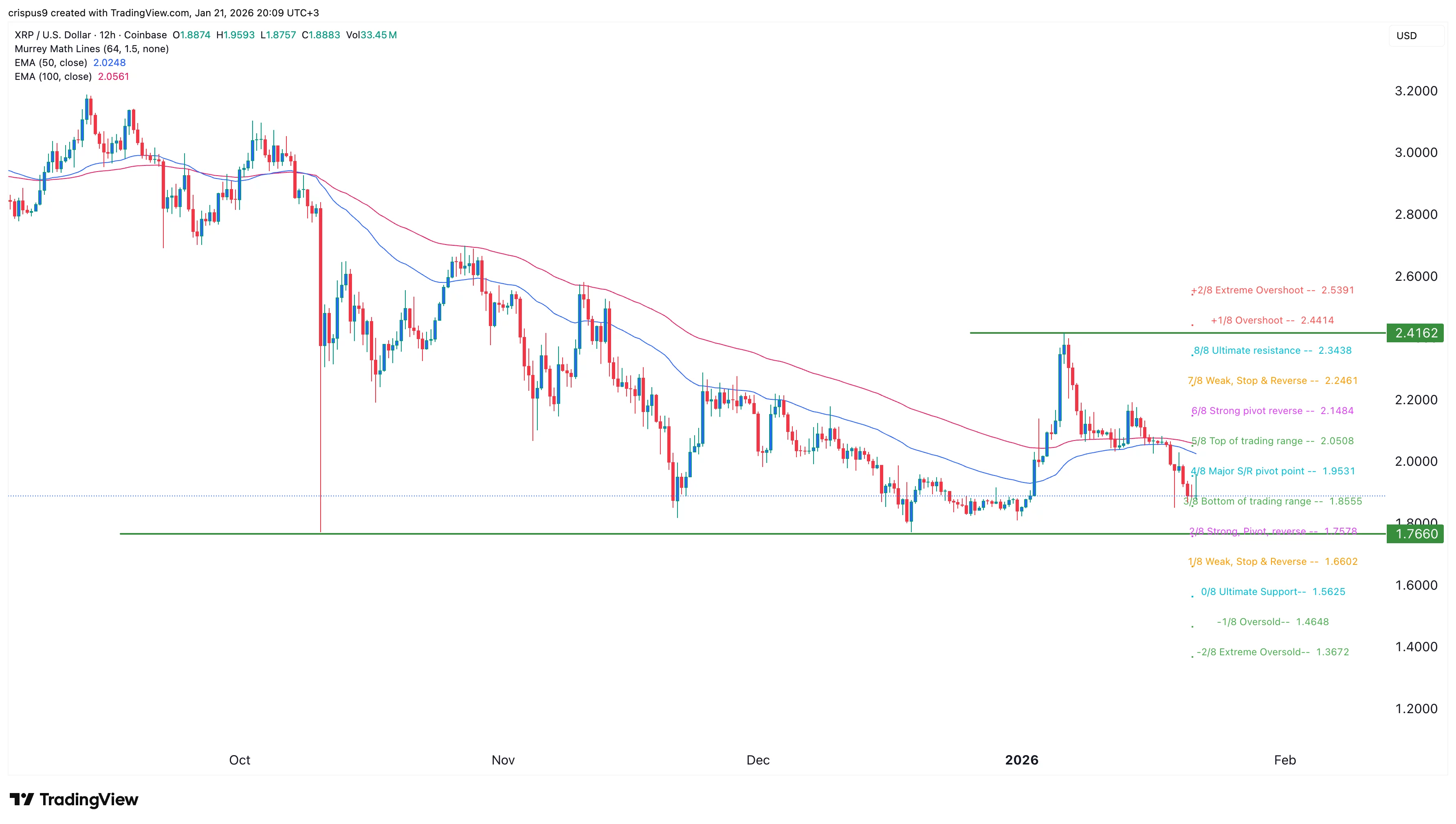Ripple’s 24/7 Money Dance: Kicking Legacy Finance in the Wallet
Behold, the proletariat of finance has found its champion! On the 20th of January, GTreasury, that stalwart of treasury management, took to the digital soapbox of X to proclaim Ripple Treasury as the antidote to the maladies of traditional banking. “Legacy treasury sleeps,” they cried, “but the wheels of commerce never cease!” A gap, they say, that costs dearly in idle cash and fees-a gap ripe for revolution.



